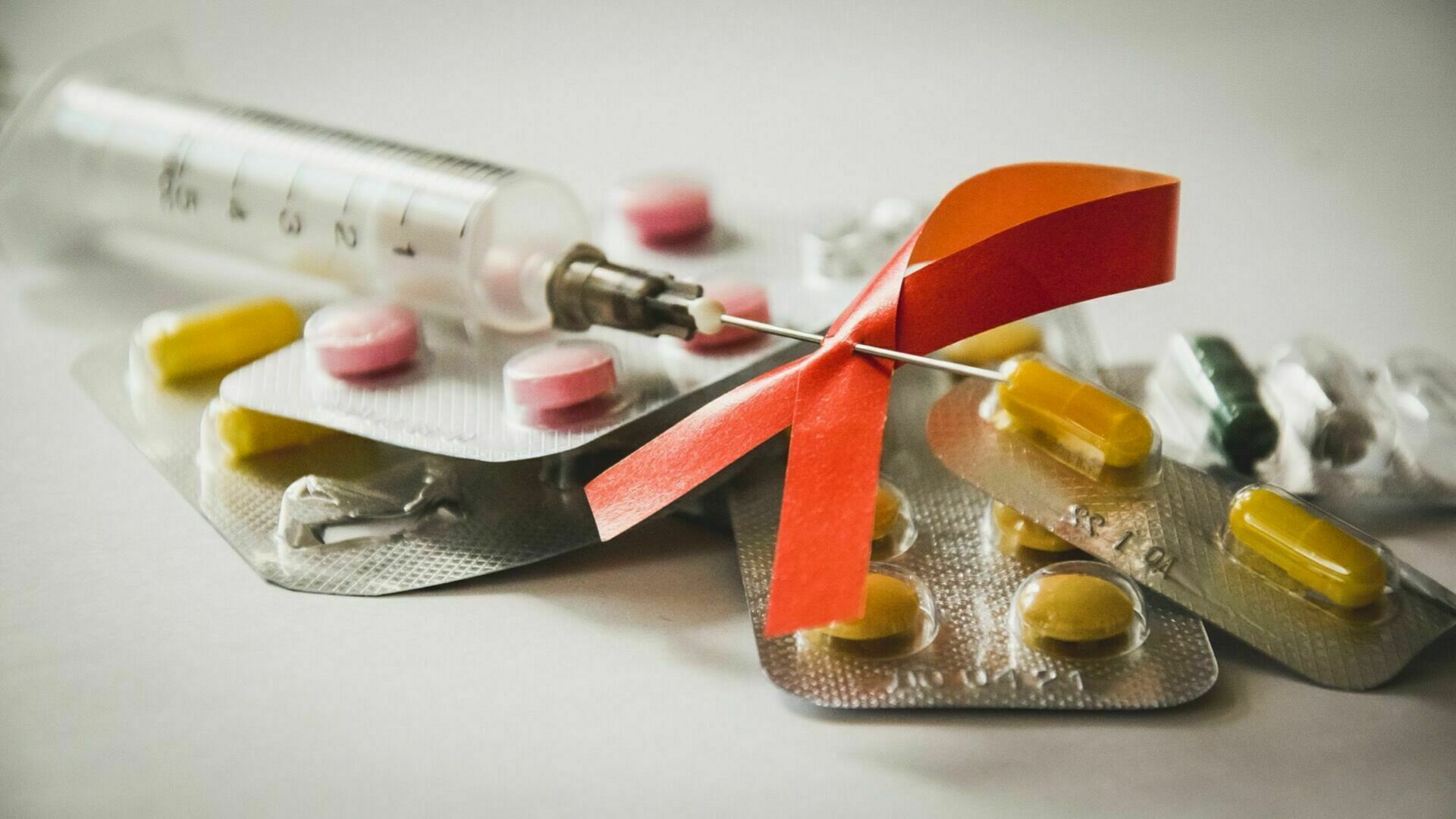
Without "Ozempiс" and "Saxenda": the most expensive drugs for diabetics disappeared from pharmacies
Yekaterina Maximova
Ozempic and Saxenda are hypoglycemic drugs (used in the treatment of diabetes mellitus), but their popularity in Russia is not associated with the treatment of diabetes, but with the "weight loss effect".
At the same time, Saxenda officially has such an indication as "correction of body weight in adults and adolescents with obesity or overweight". But Ozempic often uses an off-label, that is, there is no such "option" in the official instructions. At the same time, some Russians who do not suffer from diabetes and are ready to pay tens of thousands of rubles for a package of Ozempic (taking into account its rapid rise in price) actively used the drug for weight correction.
The DSM Group marketing agency Novye Izvestia reported that in 2021 Ozempic was sold in Russia for 1,145 billion rubles (129.4 thousand packages). Of these, in the state segment, that is, for free directly for the patient himself, by 18.6 million rubles, and in pharmacy retail sales exceeded 1.1 billion rubles.
In 2022, sales increased to 2.7 billion rubles (581 million rubles in the state segment and 2.2 billion rubles through pharmacies). In total, 359.5 thousand packages were sold over the past year.
In January 2023, the disappearing "Ozempika" was sold for 61.2 million rubles (6.2 thousand packages against 17.9 thousand in January 2022).
At the same time, the ratio of sales has changed dramatically not in favor of retail. And if in January 2022, out of 17.9 thousand packages, only 175 (by 1.6 million rubles) were sold through the public sector, then in January 2023, 3.1 thousand packages (by 21.3 million rubles) were already sold.
As for the sale of "Saxenda", in 2021, 48.3 thousand packages of the Danish drug were sold in Russia in the amount of 1.021 billion rubles (13 million rubles in the state segment and 1.008 billion rubles in retail). In 2022, 150.7 thousand packages of Saxenda 2.5 billion rubles were already sold (56 million rubles in the state segment, 2.4 billion rubles through pharmacies). In January of this year, "Saxenda" was sold for 195.3 million rubles (10.2 thousand packages against 13.5 thousand packages in January 2022). But even here the state segment increased the purchase of the drug (135 packages against 68 packages in January 2022).
Over the year, Ozempic and Saxenda, according to DSM Group, have risen in price in pharmacies by 75% and 31%, respectively. Before the start of SMO Ozempic could be bought for 7-10 thousand rubles. The price for "Saxenda" started from 18 thousand rubles.
The DSM Group for Novye Izvestia estimated that as of January 2022, Ozempic was represented in 10.64% of Russian pharmacies. After the start of the SMO (by March 2022), this figure rose sharply to 17.1%. And by the end of last year, the percentage of pharmacies in which it was still possible to find Ozempic had decreased to 1.2%. As of February of this year, this indicator is 0.53% at all. Simply put, you can no longer look for Ozempic in pharmacies. But Saxenda is difficult, but you can still find it. But if in January 2023, 7% of pharmacies were selling the drug, then by February it was 4.5%.
General Director of the DSM Group Marketing Agency, Member of the RAFM Coordinating Council Sergey Shulyak noted that both drugs - Ozempic and Saxenda, are popular all over the world.
"Therefore, there is a sharp shortage of them, and Russia is supplied on a residual basis. First of all, these drugs were aimed at Europe, at the United States, and not at our country. Of course, modern drugs are always better and more effective, but others are used directly for the prevention of type 2 diabetes. And in this case, speaking on a global scale, the absence of Ozempic or "Saxenda" will not lead to significant consequences. The treatment can be adjusted, although there are no analogues of Ozempic", - said Sergey Shulyak.
Russians who do not travel abroad buy both drugs from Novo Nordisk at their own risk from under the floor - through closed chats in tg channels. And it is necessary to transfer a double, but more often even a triple price to the bank cards of secret speculator sellers. There are not so many such channels that have become the only point of delivery of medicines that have disappeared from Russia, but this business has been flourishing since 2022.
"NI" reported that everything can be found on the black pharmaceutical market, including disappeared hormonal drugs. For example, the Finnish "Divigel", which has no analogues in Russia. The DSM Group confirmed that this hormone has already disappeared completely from Russian pharmacies. And the annual sales of "Divigel" in Russia exceeded 600 million rubles.
As for Ozempic, then, as TASS clarified with reference to the press service of Roszdravnadzor, according to working information from the manufacturer, the drug will be delivered to Russia until December 2023. But judging by the statistics of the DSM Group, this will not remove the severity of the deficit.
Recently, it also became known that the American drug manufacturer Eli Lilly, which supplied Humalog insulin and antidiabetic Trulicity to diabetics in Russia, is also ready to leave the Russian market. American Eli Lilly, as well as other pharmaceutical giants (Bayer and Pfizer) It also stopped all investments, advertising campaigns and new clinical trials in Russia. At the same time, the manufacturer promised to continue supplying insulin and cancer drugs to our country.